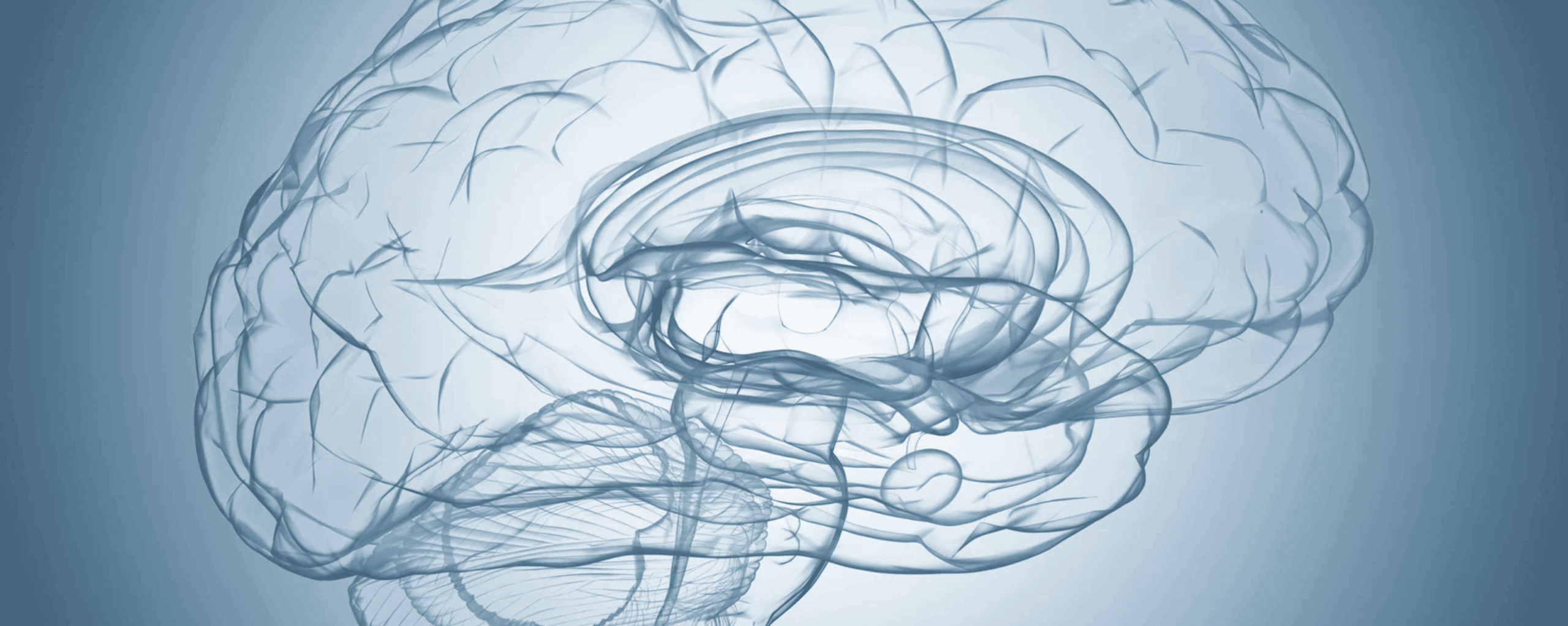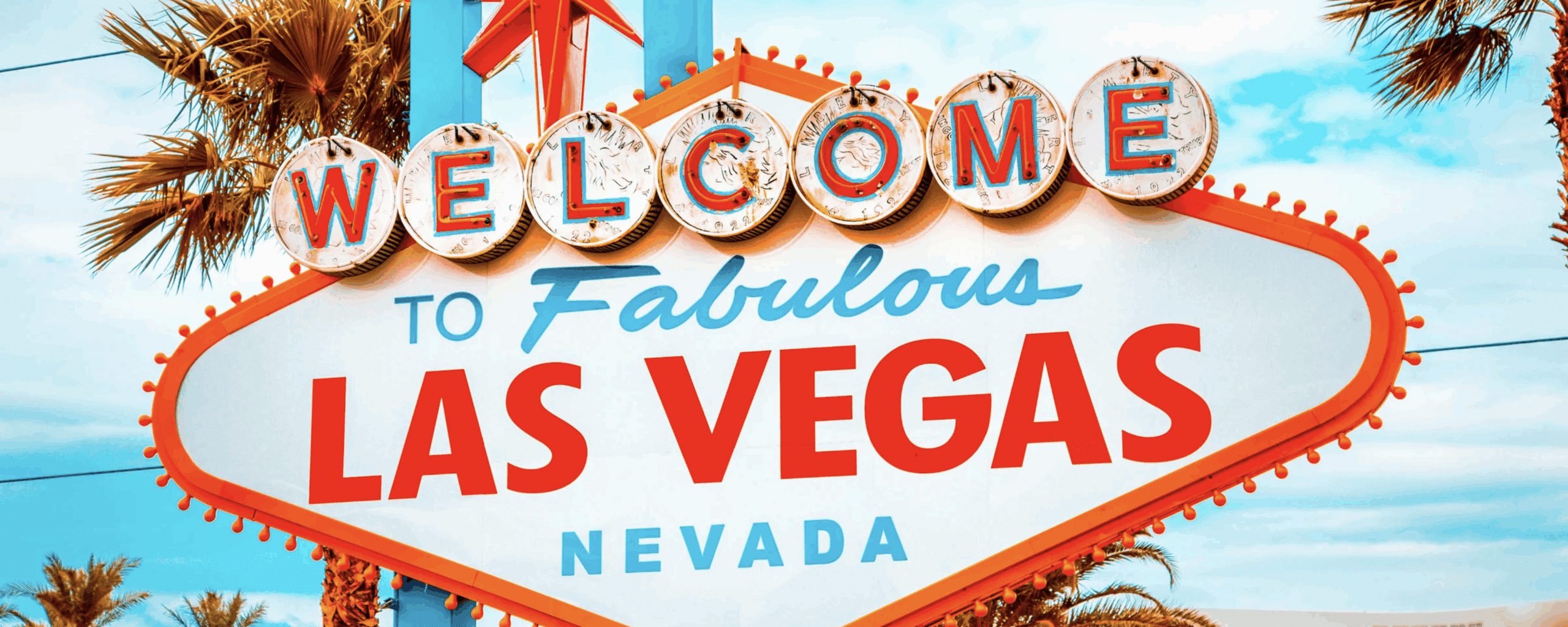LSD does not typically produce withdrawal symptoms in the same way alcohol and other drugs do; some individuals who use LSD regularly or in high doses may experience concerning psychological effects when they stop using the drug. LSD withdrawal is possible like any other drug.
What Is LSD?
LSD is a powerful hallucinogenic drug that primarily affects serotonin receptors in the brain. It’s known for its psychedelic effects. Taking LSD and experiencing these effects is commonly referred to as a “trip” and includes sought-after symptoms like:
- Altered thinking processes
- Closed and open-eye visuals or hallucinations
- Synesthesia (one of the five senses activates another sense)
- An altered sense of time
Spiritual experiences
LSD, also called “acid,” is derived from ergot, a fungus that grows on certain grains. It’s often consumed orally, typically on blotter paper that has been soaked in LSD solution or as a liquid dropped onto the tongue. LSD is illegal in many countries and can have unpredictable effects.
What is LSD Withdrawal?
LSD is potentially dangerous, and research has shown that LSD is not known to be as addictive as other substances. Acid doesn’t cause physical withdrawal symptoms, such as tremors or sweating, which are familiar with substances like alcohol or benzodiazepines.
The psychological impact of stopping LSD can vary based on the user’s mindset and setting before taking the drug. Individuals with unresolved mental health issues or those who use LSD to escape from personal problems may experience more pronounced psychological effects.
LSD Withdrawal Symptoms
While LSD does not cause typical physical withdrawal symptoms like alcohol or opioids, some individuals may experience specific psychological or emotional effects after using the drug. While these are not traditional “withdrawal symptoms,” they represent the psychological aftereffects that some people might experience after using LSD, particularly after heavy or repeated use.
These symptoms can include:
- Fatigue or lethargy for several days after an intense trip
- Mood fluctuations in mood, particularly following a “bad” trip
- Depression
- Difficulty concentrating and a lingering sense of confusion
- Heightened anxiety or
- Sleep disturbances like insomnia or disrupted sleep
Some users report hallucinogen persisting perception disorder (HPPD), where they experience visual disturbances or flashbacks long after the drug’s effects have worn off. These symptoms are not withdrawal per se but can be distressing and persistent.
Timeline of LSD Withdrawal
The timeline of LSD aftereffects can vary based on individual sensitivity, dosage, and frequency of use. Here’s a general outline of what the timeline might look like:
During the LSD Trip (6-12 hours)
Intense hallucinations, altered perception of time, sensory distortion, mood swings, and changes in thought patterns occur.
Immediate Aftereffects (0-24 hours post-use)
- As the drug wears off, users might feel drained, emotionally flat, or tired.
- Mental and physical fatigue occurs due to the trip’s intensity.
- Insomnia or disrupted sleep may occur as the brain returns to its baseline state.
Short-term aftereffects (1-3 days post-use)
- Feelings of anxiety, depression, or emotional instability may be present.
- Some users report fogginess, difficulty concentrating, or a sense of disorientation.
- Lingering tiredness or exhaustion can persist during this period.
- Users might feel emotionally drained or have a low mood after an intense experience.
Medium-term aftereffects (4-7 days post-use)
- Most users’ moods begin to stabilize, and energy levels start to return to normal.
- Sleep patterns generally normalize within a few days after use.
Long-Term Aftereffects (1 week and beyond)
- Hallucinogen Persisting Perception Disorder can sometimes last for an extended period in rare cases of LSD withdrawal.
- People prone to anxiety, depression, or other mental health conditions may experience lingering psychological effects, especially if they have a difficult trip.
- Long-term psychiatric care might be needed if the individual is suffering from severe anxiety or other mental health conditions associated with HPPD. Antidepressants or anti-anxiety medications might be prescribed to manage ongoing psychological symptoms, though these are not specific to LSD use.
Self-Assessment: Am I Addicted?
"*" indicates required fields
Contact Us
Ready to Get Help? Get in Touch Today.
"*" indicates required fields
Importance of Medical Detox for LSD
Even though LSD doesn’t cause the same physical dependence or traditional withdrawal experience as other substances, medical detox is paramount. People who experience severe psychological or emotional distress after using LSD can benefit from medical or psychological support.
In situations where a person has used LSD and experiences psychological issues (such as anxiety, panic attacks, or psychosis), a medical detox or supervised care might focus on addressing these mental health concerns rather than detoxifying the body.
Detox support might involve acute care for a “bad” trip. During or after a challenging trip experience, users may need immediate medical or psychological assistance with sedating medications and monitoring in a non-stimulating environment. Benzodiazepines, antipsychotics, or anticonvulsants may be used to manage symptoms.
In some cases, LSD after-effects resolve without the need for medical detox, but medical or psychological support can be crucial for many individuals experiencing significant emotional or mental health challenges.
LSD Addiction Treatment
Users who take LSD regularly may develop a tolerance, meaning they need increasingly higher doses to achieve the same effects. While this tolerance is usually reversible, readjusting to normal perception after prolonged use might lead to temporary discomfort or psychological distress.
If someone experiences significant psychological distress after using LSD or feels like they have developed a dependence on acid’s psychological effects, addiction treatment may be the next step. Following a successful medical detox to safely eliminate the LSD from the body, LSD addiction rehab can help with developing healthy coping skills for leading a life free of illicit substances.
Addiction treatment programs include inpatient programs and various levels of outpatient care. The goal of rehab is to help you feel supported while you rebuild your life without relying on substances.
Need Help with Acid Abuse?
If you or a loved one is struggling to free yourself from the grips of LSD or other party drug use, consider contacting Vogue Recovery Centers today. With convenient locations in Las Vegas, NV, and Phoenix, AZ, we can help you start on the road to a life of freedom from addiction.
An admissions team member will walk you through our programs and help determine how we can help. What may have started as curiosity about LSD can evolve into a full-blown problematic relationship with a dangerous substance. Fortunately, with guidance from addiction professionals at Vogue, you can get back on track and enjoy life again.
Questions about treatment options?
Our admissions team is available 24/7 to listen to your story and help you get started with the next steps.













